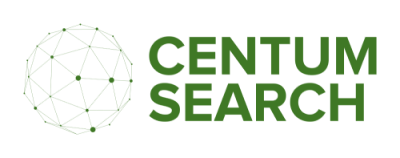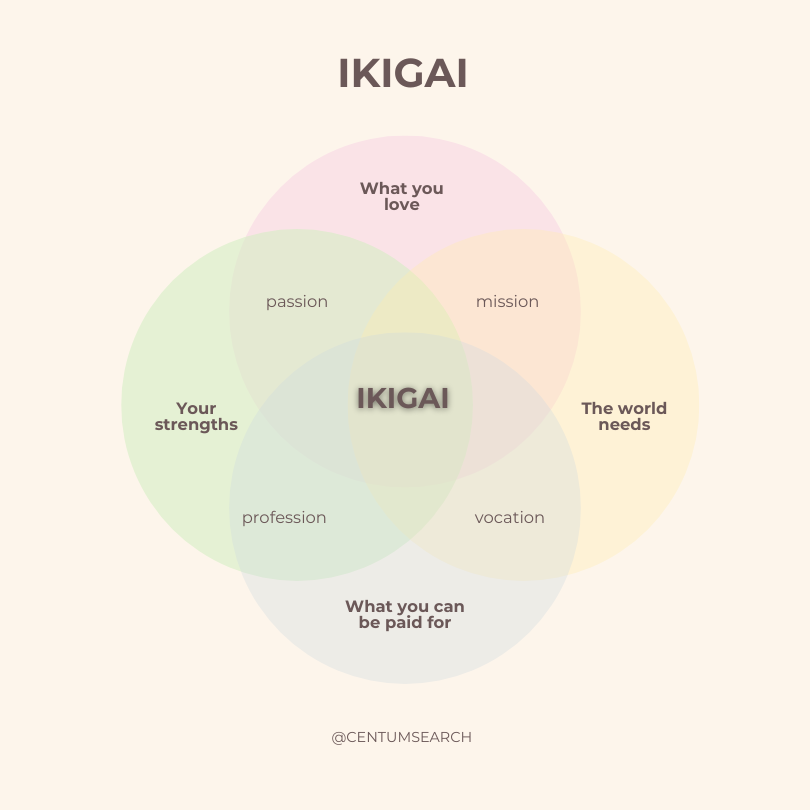By site-5PDQTw
•
January 29, 2025
Hiring the right engineers is one of the most important decisions tech leaders make. A strong technical interview should: · assess skills fairly, · provide insight into problem-solving and team fit, · and leave candidates with a great impression. This guide explores how to create a structured, unbiased process that predicts future performance and helps you make the best hires. The Importance of a Fair and Effective Technical Interview Technical interviews are a crucial part of the hiring process, especially for software engineers. According to a 2019 LinkedIn report, 83% of tech recruiters believe that the technical interview is the most important part of the hiring process. However, this type of interview can also be a source of stress and anxiety for candidates, potentially affecting their performance and the fairness of the evaluation. Creating a fair technical interview focuses not only on assessing technical skills but also problem-solving, creativity, and a candidate’s potential to thrive within your team. It’s also about ensuring consistency, reducing bias, and providing every candidate with the same opportunity to succeed. A well-structured interview should: Encourage candidate engagement as candidates are more likely to pursue offers if they feel respected and valued during the process. Ensure objective evaluations to help reduce bias and focus on measurable outcomes. Identify hidden strengths which can reveal a candidate’s adaptability, communication skills, and learning potential. However, many hiring leaders unintentionally lose top talent by relying on outdated or overly complex interview practices. Here's how to avoid those pitfalls and make your process both fair and effective. Step 1: Defining Your Evaluation Criteria Before starting interviews, clearly define what you're looking for in this hire. While technical proficiency is paramount, it's not the only factor. A 2023 Stack Overflow survey revealed that 40% of software developers prefer working for companies with a collaborative culture over ones that simply offer competitive pay. Your interview process should assess both coding skills and how well a candidate will fit into your team dynamics and company culture. Whether through behavioral questions or situational exercises, be sure to test for attributes that will determine their long-term success. Step 2: Building the Right Technical Assessment Creating a fair technical interview requires careful consideration. Ensure the assessment aligns with the tasks the candidate will perform in the role. For example, if you're hiring a front-end developer, focus on tasks involving HTML, CSS, JavaScript, or frameworks like React. For a back-end developer, focus on database design or API development. At Centum Search, we’ve seen how well-designed coding challenges provide valuable insight into a candidate’s thought process. Coding tests, whiteboard exercises, or live coding sessions showcase not only a candidate’s problem-solving ability but also their approach to architecture, optimization, and communication. However, technical assessments should go beyond coding accuracy. For instance, you could ask the candidate to explain their thought process as they solve a problem. This not only reveals problem-solving abilities but also tests their communication skills—crucial for engineers in collaborative environments. Step 3: Evaluate More Than Just the Code While coding correctness is essential, it’s just one piece of the puzzle. Exceptional candidates also demonstrate strong problem-solving, adaptability, and clear communication. When evaluating candidates, look beyond the technical solution and: Ask questions like, “Why did you choose this approach?” or “What trade-offs did you consider?” Assess their thought process and whether their explanations are logical and clear. Listen to how candidates ask follow-up questions to better understand the task and how they articulate complex solutions. Assessing soft skills will be beneficial in helping you identify the most well-rounded candidates for your team. Step 4: Encourage Reflection to Assess Growth Potential Reflection questions are invaluable for assessing a candidate’s ability to learn and grow. These questions gauge adaptability, self-awareness, and long-term potential. Ask candidates to reflect on their approach with questions like: “What would you do differently if given more time or resources?” “How could this solution be improved for larger-scale systems?” Reflection encourages candidates to think beyond the immediate task and demonstrates their ability to learn from experiences and improve their work. Step 5: Mitigating Bias and Ensuring Consistency A fair technical interview means addressing bias in the process. Research by Harvard Business Review shows that unintentional biases can skew evaluations, with candidates from underrepresented groups receiving lower ratings despite equal qualifications and performance. Standardizing the interview process—using consistent technical questions or implementing a rubric to score responses—helps reduce bias. Consider panel interviews with diverse team members to provide a more balanced perspective on a candidate’s abilities. Step 6: Create a Positive Candidate Experience A fair interview also means providing candidates with clear feedback and next steps. This step not only reflects well on your company but also creates a positive experience, regardless of whether the candidate is selected for the role. Glassdoor research shows that 77% of job seekers are more likely to accept an offer from a company that provides timely feedback. Constructive feedback helps candidates grow, and even if they’re not the right fit for your team, they may be a great fit elsewhere in your company—or a strong candidate for your future roles. By fostering a transparent process, you also build your reputation as an employer of choice, attracting top talent. Remember, the interview process is a two-way street—candidates are evaluating your company just as much as you’re evaluating them. A positive interview experience can enhance your chances of securing top talent and improving your company’s reputation. To ensure a great candidate experience: Be transparent and share the interview format, timeline, and expectations upfront so candidates can prepare. Provide constructive feedback after the interview, even to candidates who aren’t selected. This shows respect for their time and could encourage future referrals. Stick to the agreed schedule and avoid overly long or complex interview loops. The Payoff of a Fair and Effective Interview Process Creating a fair and effective technical interview process is more than just evaluating a candidate’s technical skills. It ensures consistency, reduces bias, and fosters a positive experience that benefits both the candidate and your team. By implementing clear problem statements, evaluating candidates holistically, using realistic scenarios, and fostering a positive experience, you’re not only improving your chances of hiring top talent but also contributing to a stronger, more collaborative team culture. At Centum Search, we help Engineering organizations hire faster, easier and more predictably. A great interview process is key to making the best hiring decisions—ensuring your team’s long-term success and growth.




